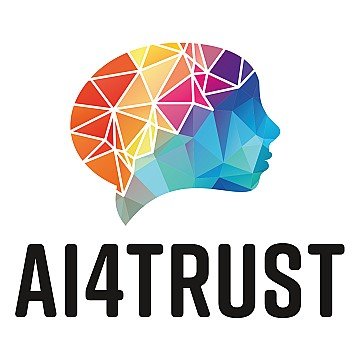Lunedì 11 novembre si terrà un webinar in inglese sul futuro del diritto alla scienza, co-organizzato da Science For Democracy, Associazione Luca Coscioni e EUMANS, con Cesare Romano, membro di SFD e Laura Convertino, presidente di SFD.
Per partecipare, lunedì 11 novembre dalle ore 19 alle ore 21.00, online, è possibile registrarsi a questo link.
Next week, Science for Democracy is hosting a webinar on the Future of the Right to Science, to commemorate UNESCO’s World Science Day for Peace and Development.
The webinar will take place on Monday, November 11th at 19:00 CET. Several of the most involved jurists and dedicated experts in the field will share their insights, opinions, and expertise around the vital Right to Science.
The following esteemed speakers will be joining us:
Helle Porsdam: UNESCO Chair in Cultural Rights; Professor of History and Cultural Rights, University of Copenhagen.
Yvonne Donders: Professor of International Human Rights Law, University of Amsterdam; Member of the UN Human Rights Committee.
Monika Plozza: Senior Research Associate and Lecturer, University of Lucerne.
Mikel Mancisidor: Professor of International Law, University of Deusto; Member of the UN Committee on Economic, Social and Cultural Rights.
Andrea Boggio: Professor of Legal Studies and Fellow of the Center for Health and Behavioral Sciences, Bryant University.
Cesare Romano: Professor of Law and Director of the International Human Rights Center, Loyola Law School, Los Angeles.
Laura Convertino: Academic Clinic Fellow, King’s College London; President of Science for Democracy.
The two-hour debate will also provide an opportunity to present the recently published book, The Human Right to Science – History, Development, and Normative Content by Cesare Romano and Andrea Boggio.
L’Associazione Luca Coscioni è una associazione no profit di promozione sociale. Tra le sue priorità vi sono l’affermazione delle libertà civili e i diritti umani, in particolare quello alla scienza, l’assistenza personale autogestita, l’abbattimento della barriere architettoniche, le scelte di fine vita, la legalizzazione dell’eutanasia, l’accesso ai cannabinoidi medici e il monitoraggio mondiale di leggi e politiche in materia di scienza e auto-determinazione.


